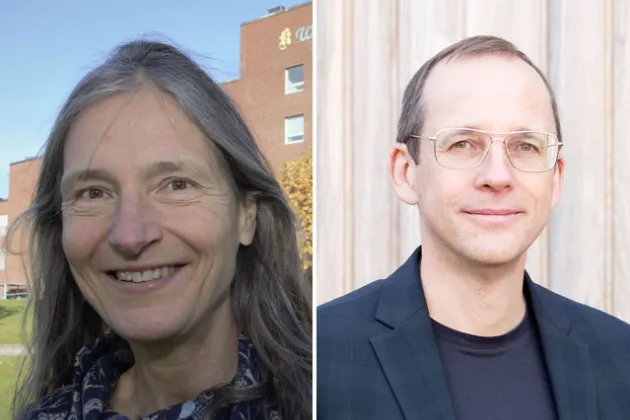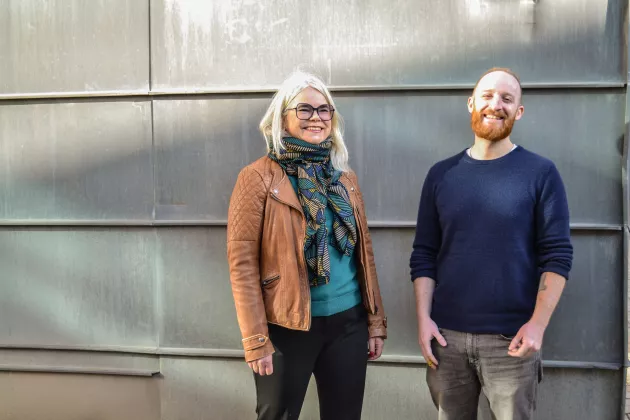The prestigious ERC Starting Grant opens new opportunities for Jacob Vogel’s research team at MultiPark to realize the idea of using AI to bring Alzheimer’s research to the next level.
“This project has been on my mind for a long time, and we already have basic models that work surprisingly well.
“This project has been on my mind for a long time, and we already have basic models that work surprisingly well. What excites me most is getting the resources to proceed with it the right way. I think this is a testament to the amazing research environments like MultiPark that I’ve had the privilege to be a part of,” says Assistant Professor Jacob Vogel.
By feeding the tool with existing neuroimaging, molecular, and cognitive data from patients at several timepoints, he wants to develop the tool that can be immediately useful in clinical trials and for clinical management of Alzheimer’s disease.
Some parts of the project reminds of the digital twin concept. It relies on real data from a patient together with machine-learned patterns from numerous others to create a virtual copy. That copy allows the researcher to safely simulate treatment and disease outcomes in a computer without subjecting the real patient to any experiments.
“We want to create a system for testing mechanistic hypotheses in a human context, which we hope will lead to breakthroughs in understanding and eventually in treatment options
“We want to create a system for testing mechanistic hypotheses in a human context, which we hope will lead to breakthroughs in understanding and eventually in treatment options, all in line with the overall goals of MultiPark,” he explains.
Additionally, these individualized tools may also make it easier to provide better care to each patient by taking the forecasted disease progression into account for tailor-made monitoring and support. Jacob Vogel envisions many areas of application for this tool, from gaining mechanistic insights about disease origin to improving healthcare.
“Receiving this grant is the culmination of many contributors. I don’t believe there is such a thing as individual achievement in science,” ends Jacob Vogel.






